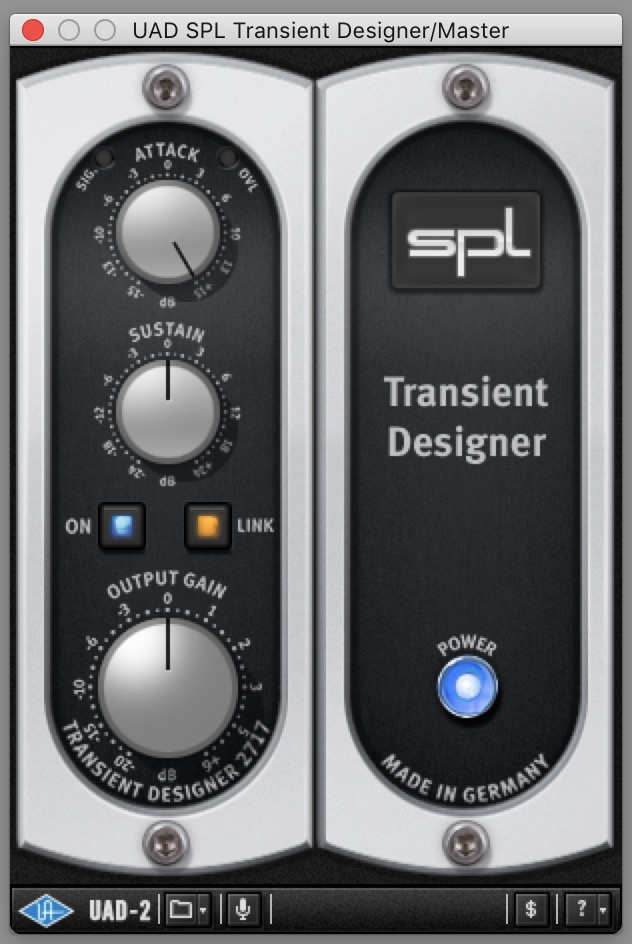Corpus for kick subs in Ableton Live
808 bass with Ableton Live
I wanted to do this video because every now and then I’m seeing producers ask what synth to buy to do 808 style bass.
The truth is, you don’t really need to buy any synth to do that, as your DAW probably has one already. And it’s really quick, too.
Using Ableton Live Analog synth + some of its saturation tools to do it here.
[VIDEO] Pro Tools vs Ableton Live for mixing
https://youtu.be/BmJqqvUVTis
I recently switched back to Pro Tools for mixing.
I used to use it for a while, then go back to Ableton Live due to some changes in Live, but I’m back in the PT land.
This video is about why I’m doing it.
I want to emphasize: this is only for mixing. I’d never suggest PT for making music, as Ableton Live excels at that.
I’m still also doing all my mastering-only projects in Live, for which it works well.
See the video info field for a full list of things where I feel PT takes the cake compared to Ableton Live.
About overcooking transients in the mix

Quick though of the day regarding transients / level of drums in the mix.
These days, it’s easy to overdo transients with any transient designer. But it’s good to understand that when it comes to mastering and limiting, you WILL hit a wall at some point regarding transient level.
What am I getting at? Sometimes it happens that Continue reading About overcooking transients in the mix
DOs and DON’Ts of working with a mixing/mastering engineer

Looking back at what I’ve learned from working hundreds of different producers along the years, I wrote a few quick DOs and DON’Ts for working with a mixing/mastering engineer.
This is by no means a comprehensive list, but considering these will mean way fewer headaches in my job.
DO:
• Know how your music should sound; words often fail here, so 1–3 reference songs from your favorite artists/labels is an excellent starting point. We all have those songs, so just spend a bit of time finding those that you think represent your style somewhat close. Remember, a good song does not necessarily equal a good-sounding song. It’s happened to me many times that I get to hear, “Yeah, actually, it doesn’t sound good, but I thought it’s just a good song”…and then we start all over again. This will cost you the price of two masters in the worst case.
• Prepare to express your wishes/criticism regarding the master; what to emphasize, what is too loud, what’s too buried in the mix/master etc Continue reading DOs and DON’Ts of working with a mixing/mastering engineer